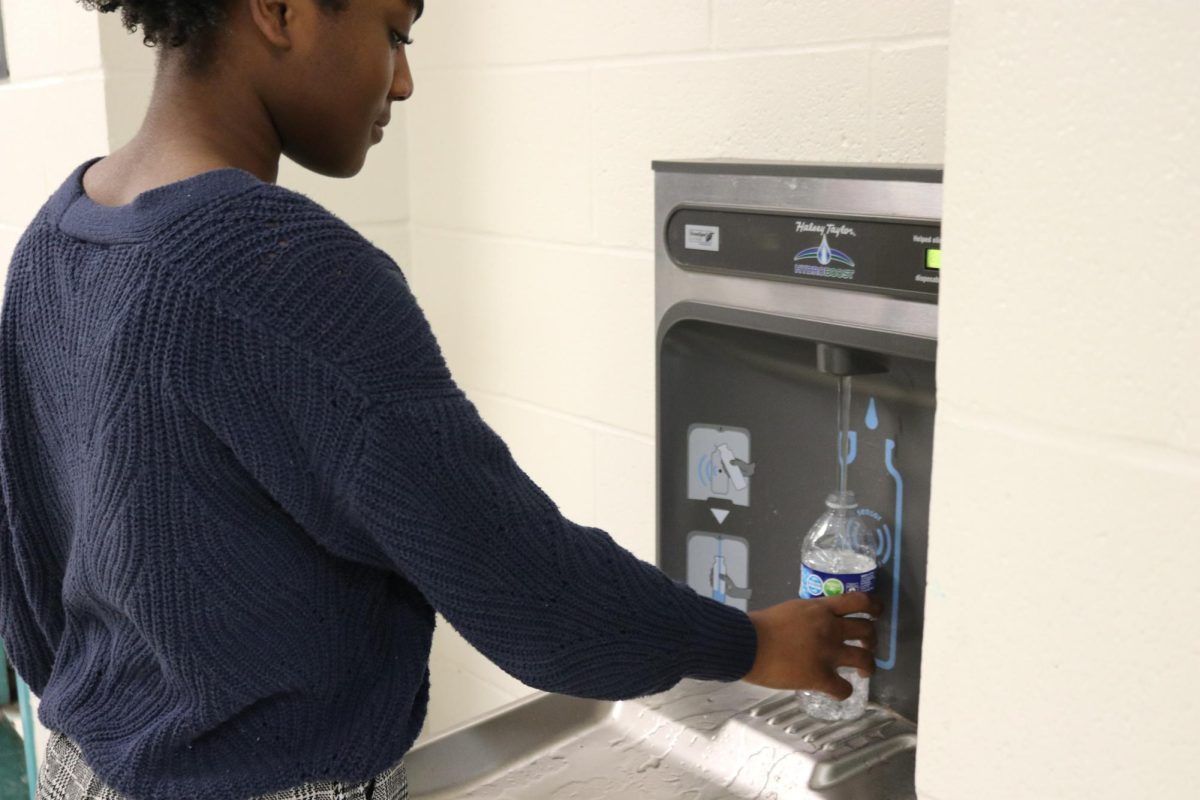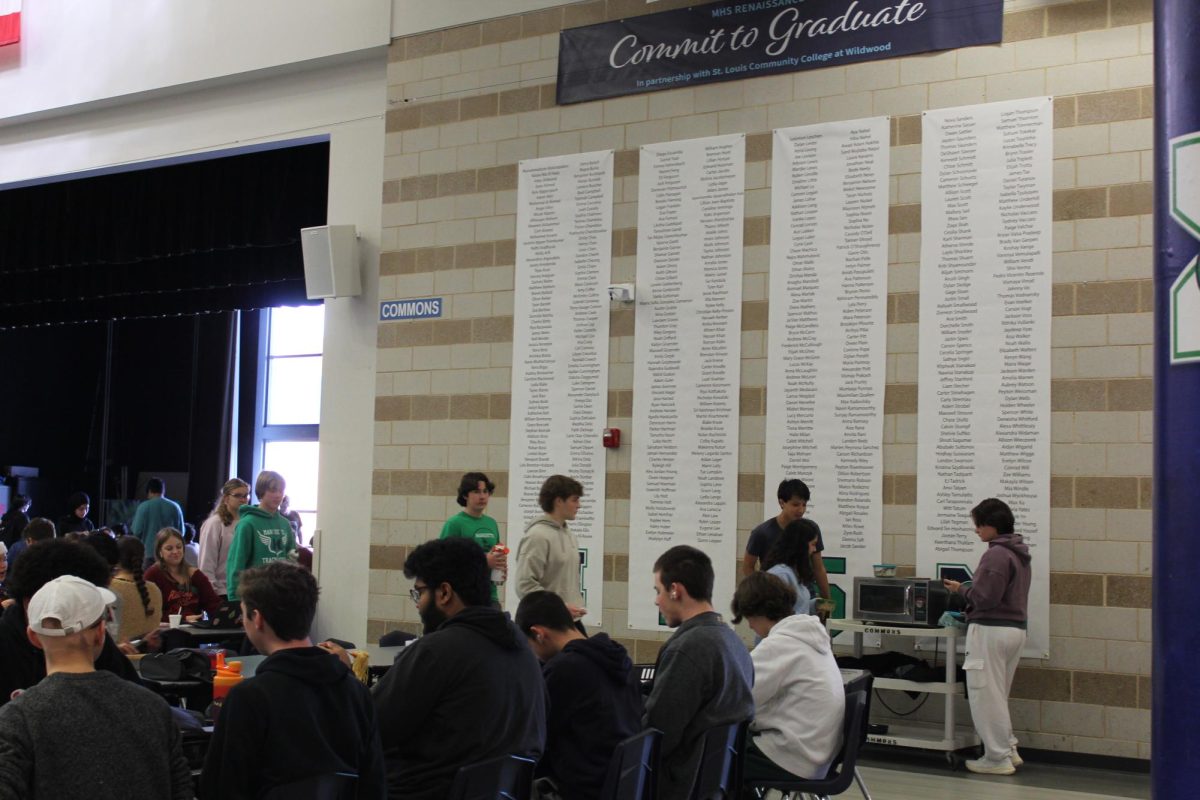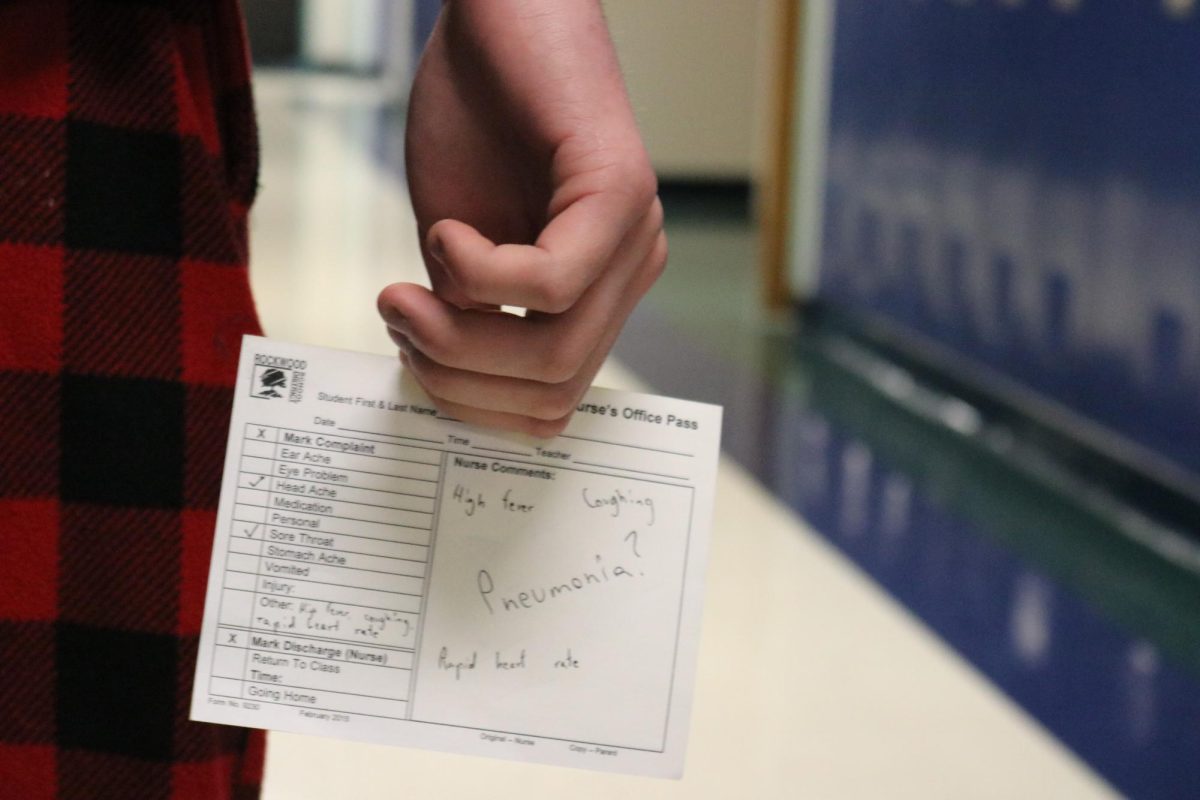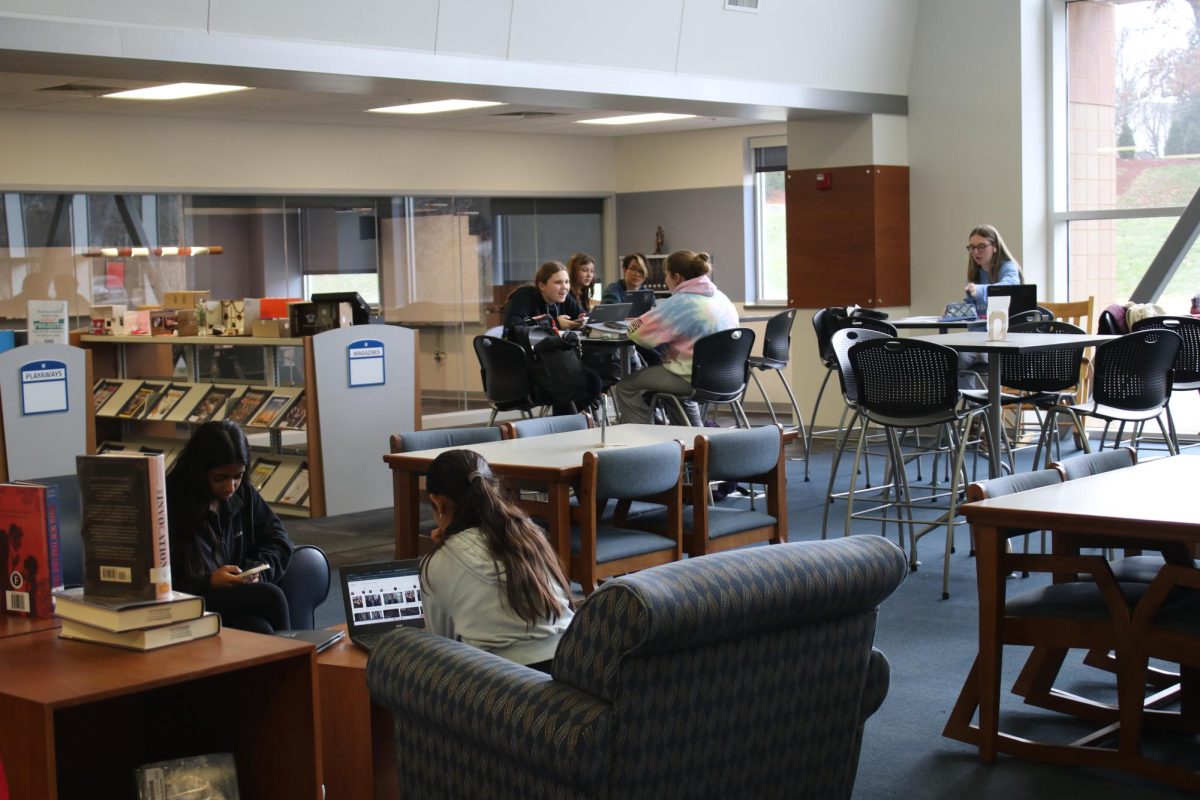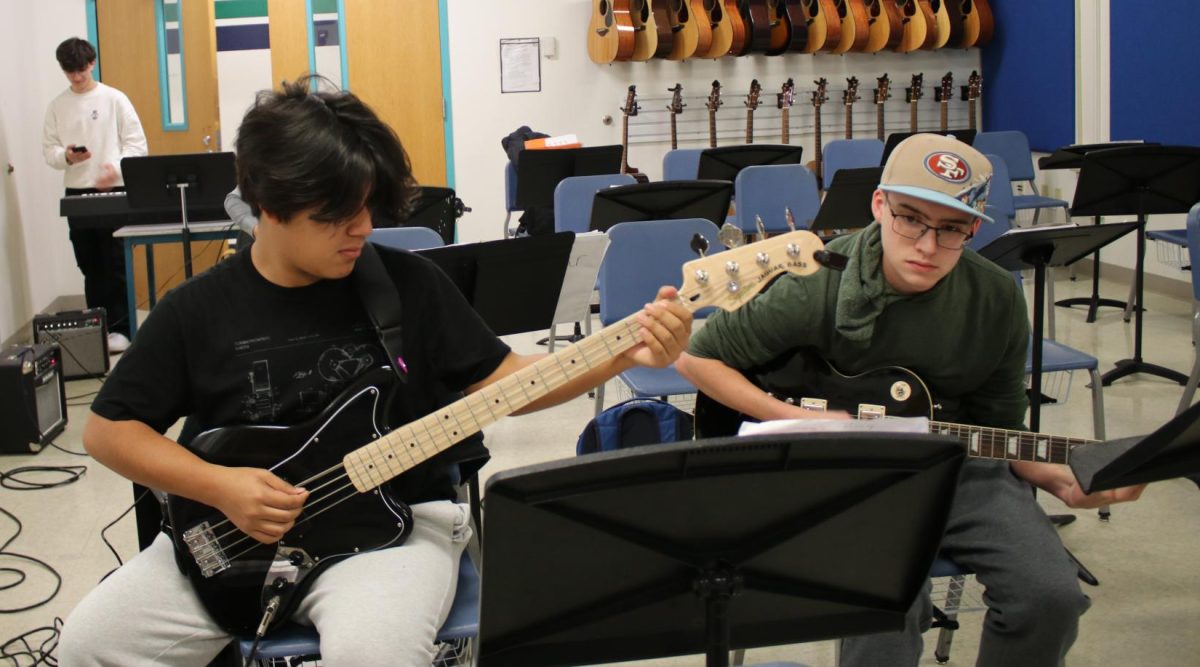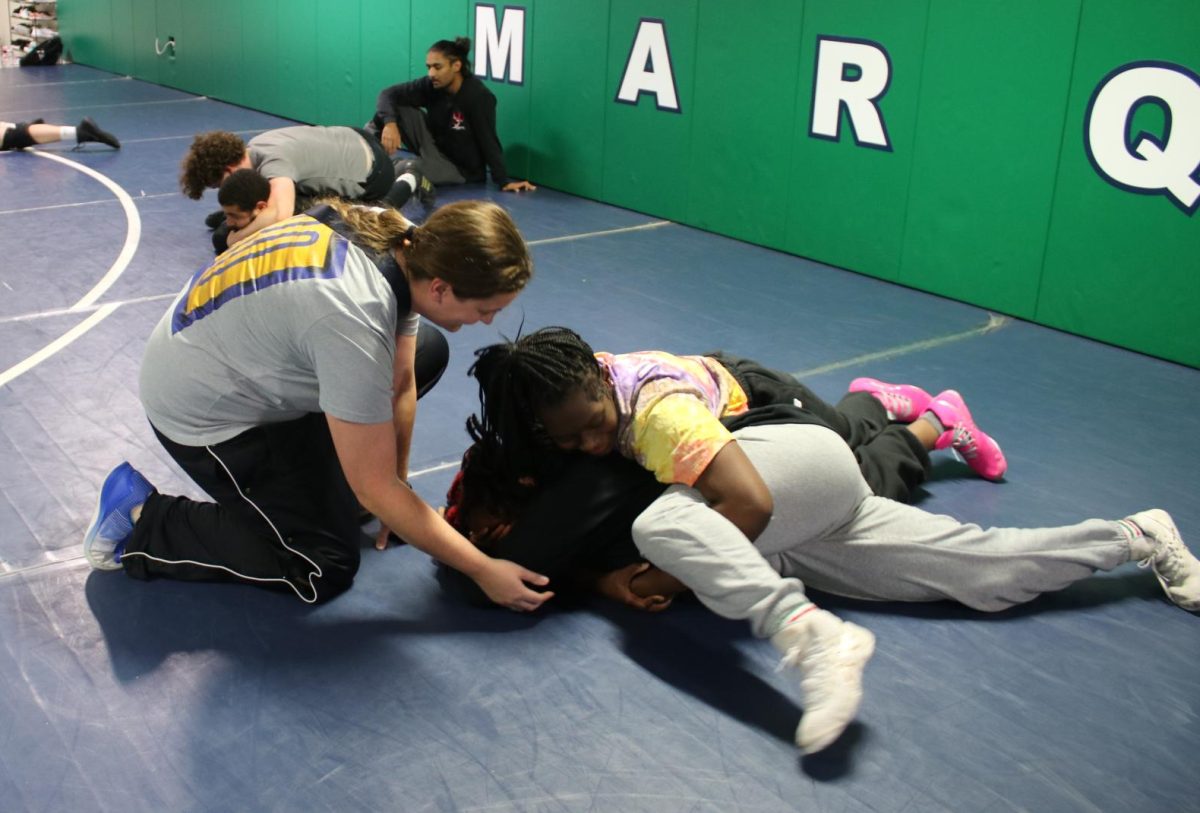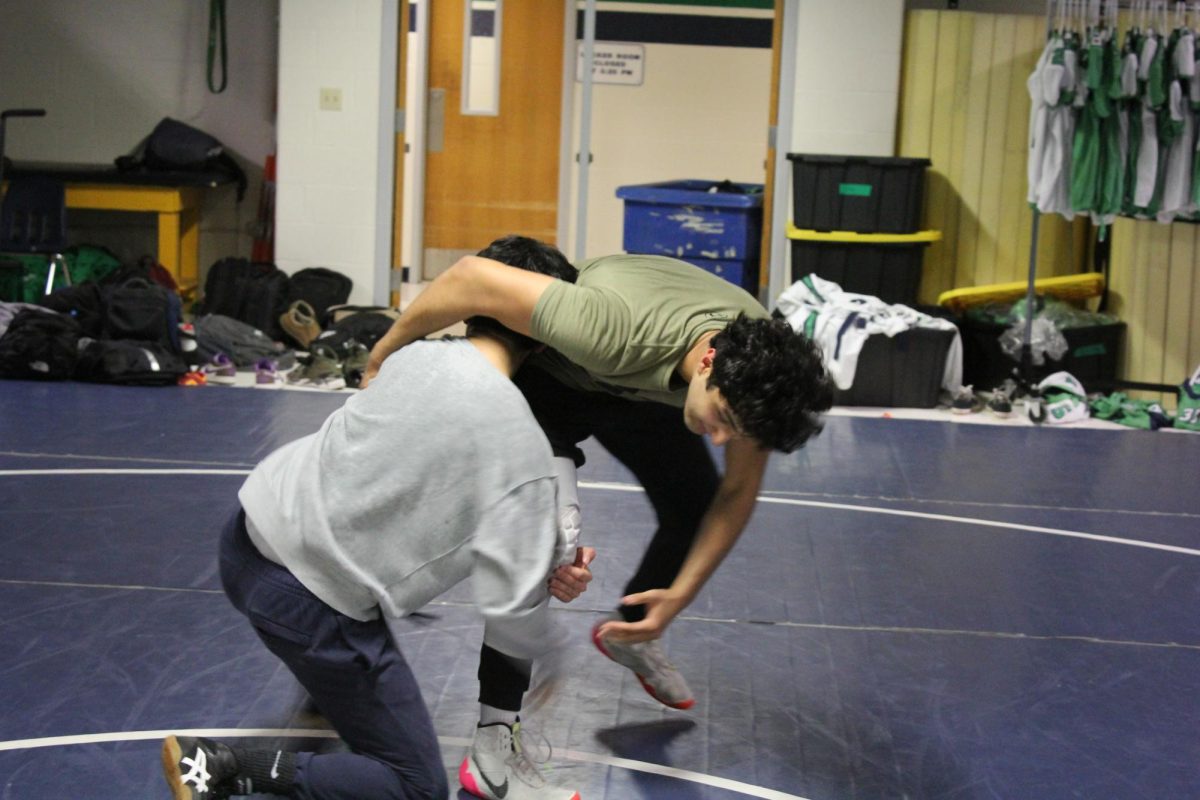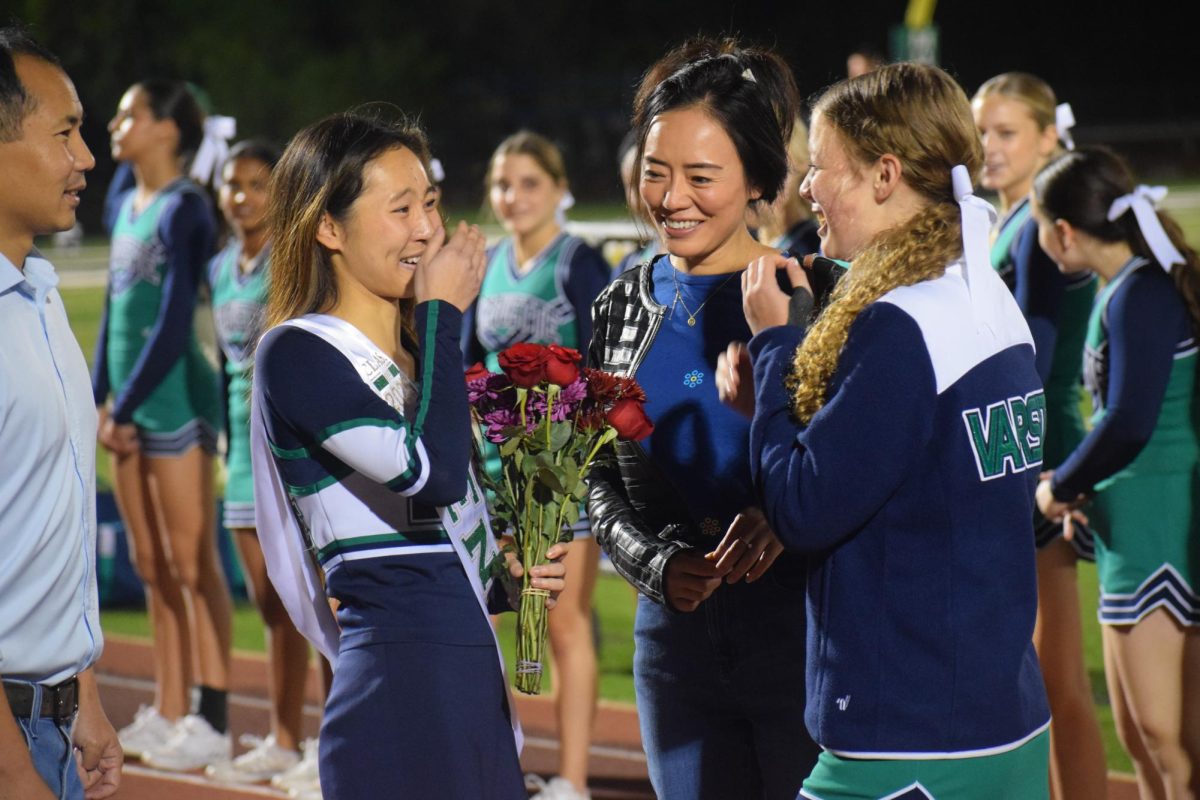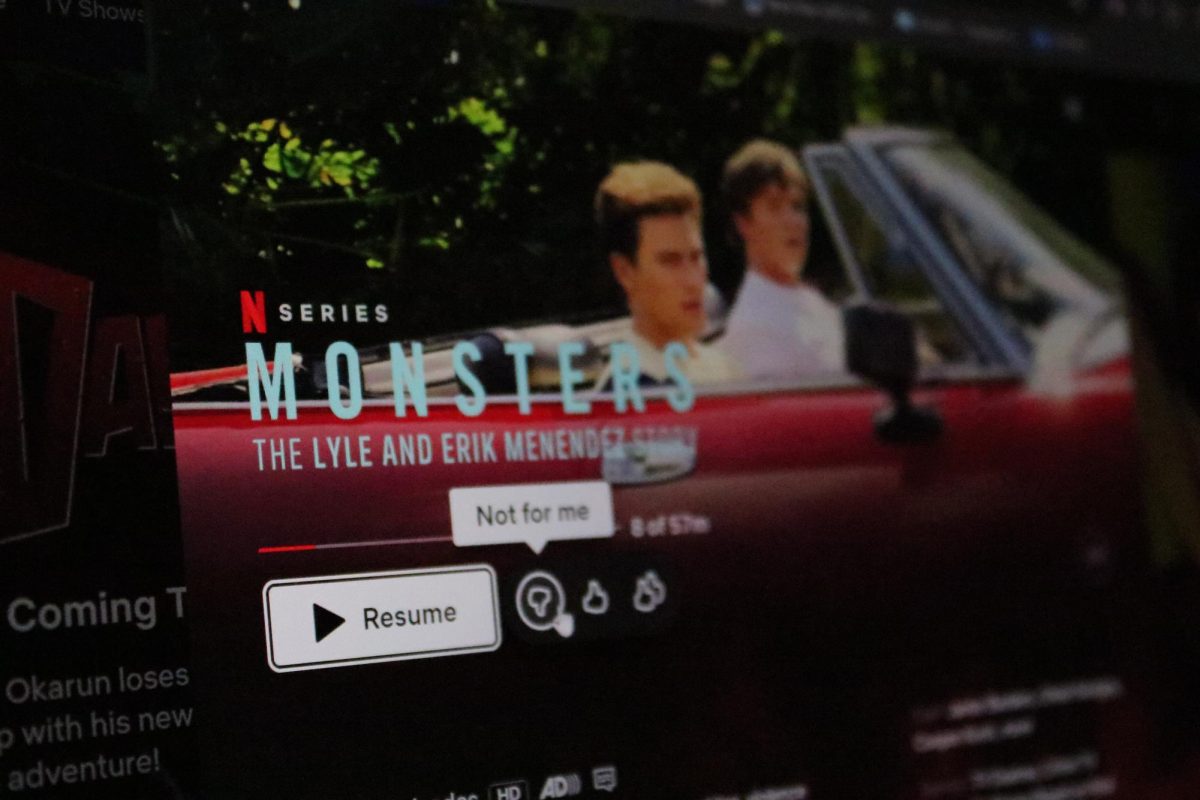Counting Sheep or Tweets?
Studies show social media increases teen sleep deprivation
October 13, 2014
On a typical Monday night at 11:30, Brent Kang, junior, is still studying for AP Government or quickly finishing his math homework. His thoughts race between Spanish vocabulary, political terms, and grammar rules. Although, sleep has yet to cross his mind.
This resembles a typical school night for 42 percent of MHS students, who said their reasoning for staying up late is rooted in large amounts of homework. But, the majority of students disagreed. Fifty-one percent of MHS students stated their late nights revolve around technology, and two-thirds of these students’ technology has a social aspect. Tumblr, Twitter, Instagram and texting were the leading reasons.
“I put things like Instagram and Pinterest before sleep because I like to see what other people are doing, and it’s just more fun,” Caroline Tunis, sophomore, said.
Though Tunis admitted to sometimes letting social media interfere with her sleep, she said she wouldn’t admit it to a teacher.
“The excuse of too much homework for not getting enough sleep is really common, and a lot more accepted by parents and teachers than Twitter or Instagram,” Tunis said.
While parents and teachers may understand putting grades and school work above rest, many have different opinions of social media getting the same priority.
“Typical excuses are, ‘I had too much homework,’ and things like that,” Chris Elledge said. “However, when it comes down to it, if you actually get someone to be honest, or look back at what they’ve done that night, nine times out of ten the student will say, ‘Well I did go on Twitter, Instagram, Tumblr,’ or something along those lines. Always.”
Students have been lectured on the negatives of not getting enough sleep. According to the National Sleep Foundation, these side effects include compromised memory and information retention abilities, aggressive or inappropriate behavior, and a significantly higher risk of getting in a car accident.
The National Sleep Foundation recommends 8.5 to 9.5 hours of sleep for high schoolers. At MHS, 76 percent of students typically go to bed later than 11 p.m., making the recommended amount of sleep nearly impossible to achieve.
If sufficient sleep is so vital, then why are teens constantly forfeiting it in order to spend time with social technology? Author Danah Boyd answers this question in her novel It’s Complicated: The Social Lives of Networked Teens.
“Teens aren’t addicted to social media,” Boyd said. “They’re addicted to each other. They’ve moved [hanging out] to online.”
Boyd’s opinion explains that the move towards being social through technology is the reason why teens are online for longer. It seems as though social media has taken intended priority over sleep, but some students argue otherwise.
“At night time I get on social media and I just forget what time it is until I look at the clock and it’s midnight,” Hannah Denton, senior, said.
Denton didn’t intend on prioritizing social media above sleep, but its addictive qualities forced otherwise.
A poll by the National Sleep Foundation revealed prevalent use of technology before sleep in all Americans. Ninety-five percent of people surveyed use some type of electronics an hour before going to bed, multiple nights a week.
Of all technological use, social networking was associated with the biggest loss of sleep. Those who connected online before bed reported sleeping the least.
Dr. Nanci Yuan, medical director of the Sleep Center at Lucile Packard Children’s Hospital in Palo Alto, California agreed with these results.
“The advent of technology has made every age group, but especially teenagers, have difficulties with their sleep,” Yuan said.
She recommends turning off all electronics at least one hour before going to bed.
“Social media and technology in general have a huge role in sleep deprivation because if we didn’t have technology we wouldn’t have that easy access to distraction,” Elledge said.




